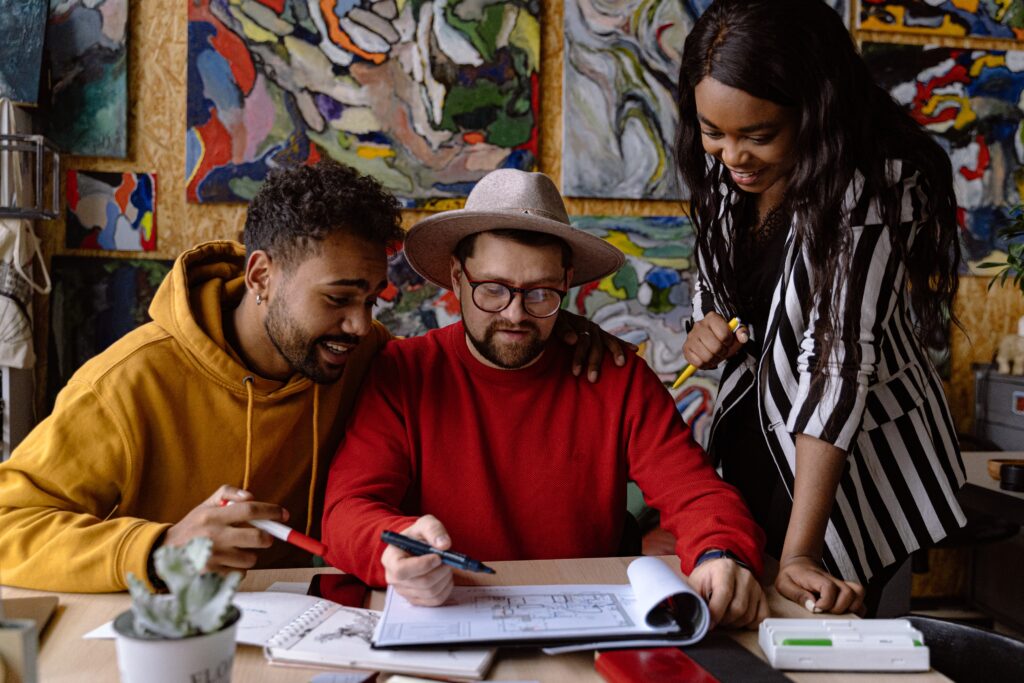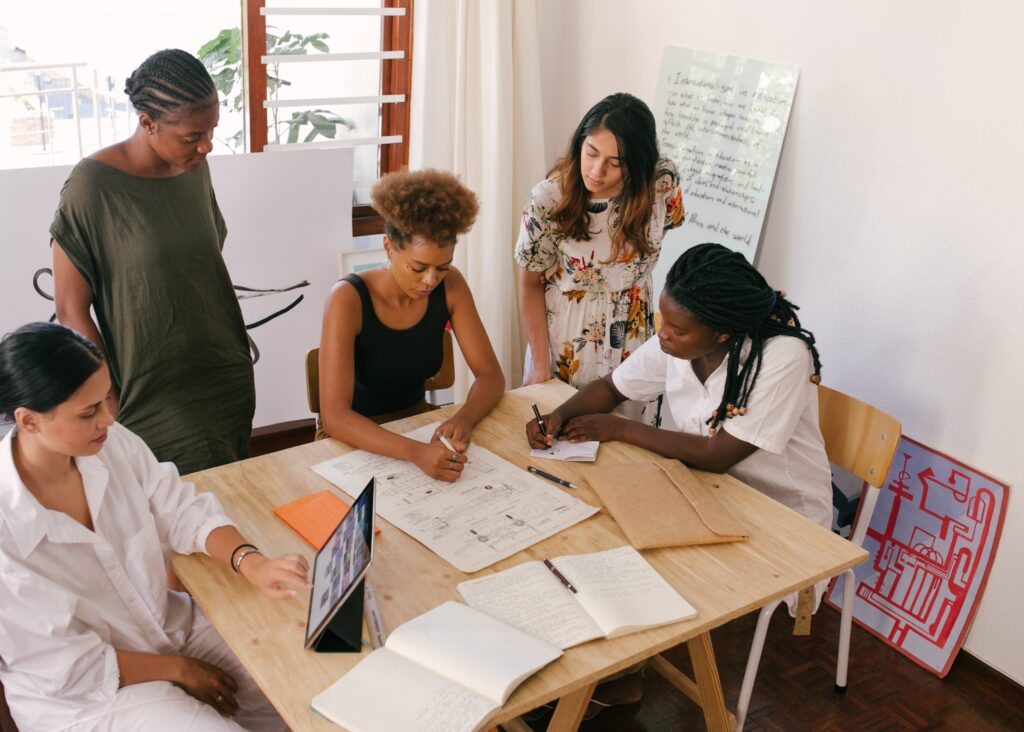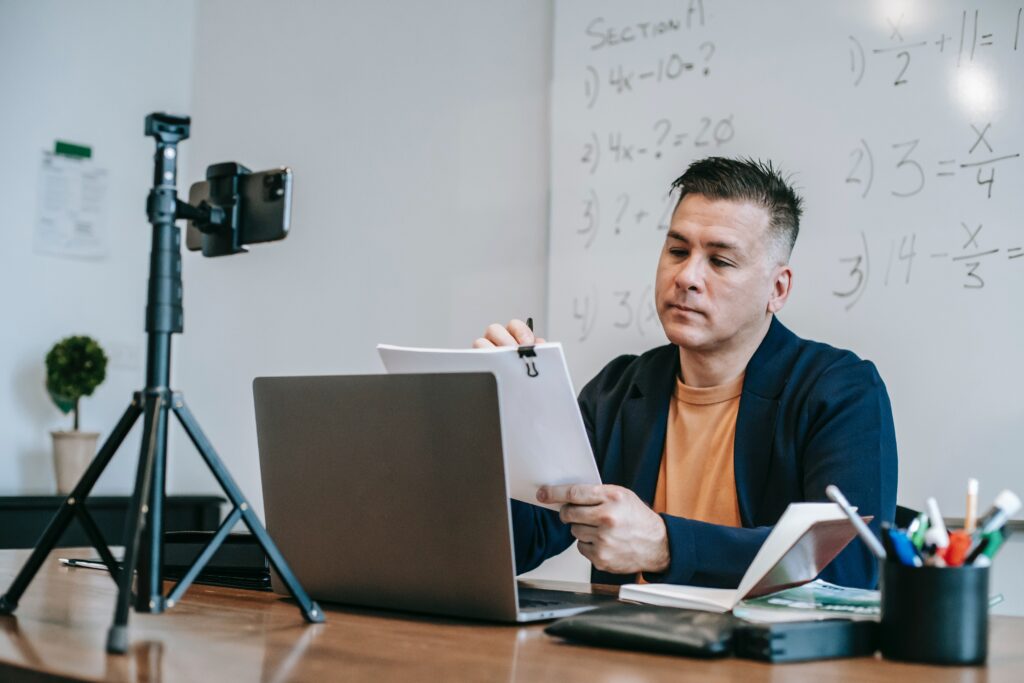Peer observation is a professional development practice in which teachers observe and reflect on each other’s teaching. It involves one teacher observing another teacher’s lesson or classroom practice, followed by a dialogue or feedback session between the two teachers. This process allows for meaningful collaboration, sharing of resource materials, and growth among educators.
At the beginning of my teaching career, I used to attach great importance to this practice, but some years later, I got so confident that I shunned the practice. I remember how I used to call close colleagues to observe my lessons and give feedback after the exercise. Then, we used to sit together to review and critique our lesson plans and ponder on the best way or method to use for different topics.

Peer observation is a powerful tool that can boost teacher development, leading to growth, collaboration, and an enriched learning environment. In this article, we will delve into why peer observation is crucial for professional growth, how it promotes a sense of camaraderie among educators, and practical strategies for implementing this game-changing practice. Get ready to embark on a journey toward becoming an even more effective educator within a vibrant community of passionate teachers!
Continuous development is an essential aspect of any profession, and the teaching profession is no exception. As educators, it is our responsibility to give the best possible learning experiences for our students. But we achieve this if we are committed to continuously improving ourselves as teachers. In today’s rapidly changing educational landscape, where new technologies and teaching methodologies are constantly emerging, it has become even more important for teachers to engage in continuous development. We do not need to wait for our employers to send for compulsory training or seminars. We can do this by following the latest trends in education, looking out for best practices, attending relevant workshops and seminars on our own, and reviewing our teaching methodologies from time to time.

One of the key benefits of peer observation is its non-evaluative nature because unlike formal evaluations conducted by administrators, our line managers or supervisors, peer observation focuses on growth rather than judgment. This creates a safe space for teachers to take risks and try new strategies without fear of being evaluated negatively.
Benefits of peer observation for teacher growth: Let us now examine some of the benefits of peer observation.
1. Encourages Reflection and Self-Assessment: Peer observation allows teachers to reflect on their own teaching practices by watching another teacher in action. This process helps them identify their strengths and areas for improvement. It also encourages self-assessment as they compare their own teaching style with that of their peers.

2. Provides Constructive Feedback: One of the major benefits of peer observation is the valuable feedback provided by fellow teachers. Since they are part of the same community, the feedback is given with a shared understanding and mutual respect for each other’s teaching styles and methodoligies. The feedback is specific, constructive, and non-judgmental, which makes it easier for teachers to accept it and use it to improve their practice.

3. Promotes Collaboration: Peer observation creates opportunities for collaboration among teachers within a school or district. As they observe each other’s lessons, they can exchange ideas, strategies, and resources that have worked well in their classrooms. This collaboration fosters a sense of camaraderie among teachers and promotes a culture of continuous learning.

4. Allows for Different Perspectives: Every teacher has unique experiences, teaching styles, and approaches to classroom management. Peer observation provides an opportunity for teachers to see how others handle different situations

5. Increased self-awareness and reflection: Self-awareness and reflection are key factors in personal and professional growth. As teachers, it is important to continuously reflect on our practices, beliefs, and interactions with students in order to improve our teaching skills. Peer observation provides a unique opportunity for increased self-awareness and reflection as it allows us to see ourselves through the eyes of others.

In addition, peer observation provides a safe space for constructive feedback from fellow teachers. The valuable feedback received during post-observation discussions can help us gain a better understanding of how our actions impact students’ learning. It also allows us to receive suggestions for improvement from someone who understands the challenges of being a teacher.
Please, share your thoughts on this subject. Thanks for reading the article.

Teachers need teachers to succeed. I love peer observation because the teacher being observed will be free to express himself or herself. He or she will be open to suggestions from the other teacher.
Peer observation is a good practice that teachers need to embrace. Its benefits outweighed its shortcomings.
Peer is assessment is very essential for teachers. I hope every teacher will embrace this practice.
Those that are yet to embrace it are missing out.
Peer observation also help teachers to reflect on their teaching practices.
Peer observation is a great practice that all teachers should embrace.